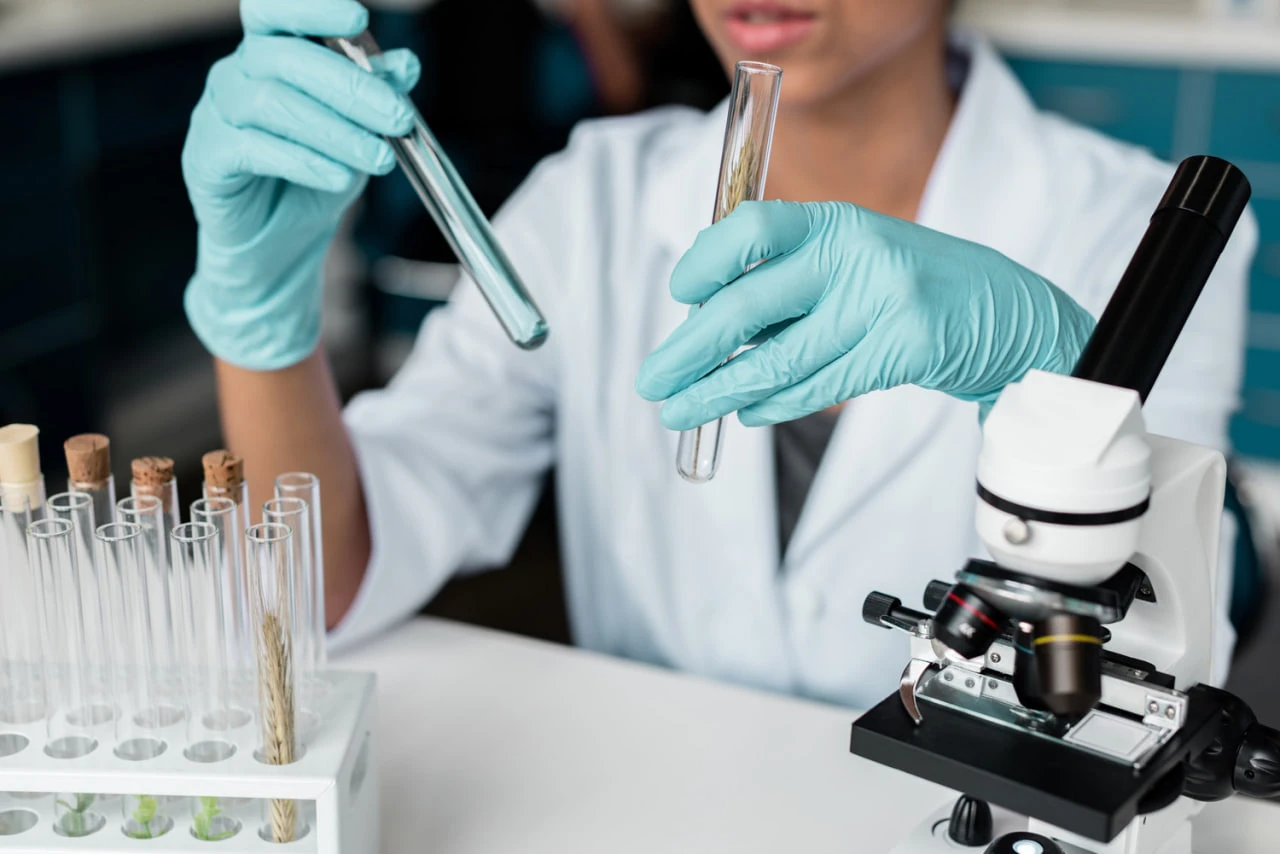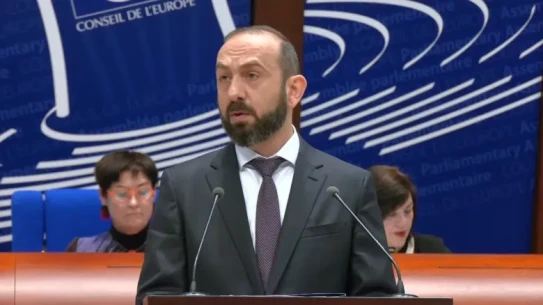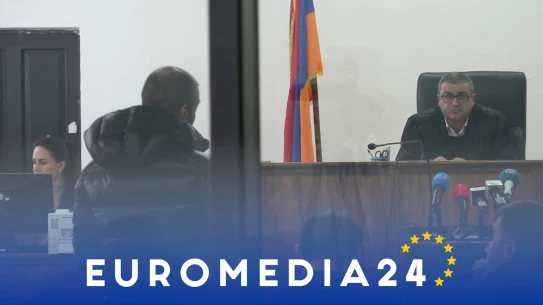Physicists in Germany and the United States have studied unusual crystals composed of spinning particles. These structures are capable of spontaneous collapse and reshaping, and their properties violate the traditional laws of elasticity. The study was published in the journal Proceedings of the National Academy of Sciences (PNAS).
Scientists have discovered that these crystals behave differently from traditional solids; they exhibit so-called "abnormal elasticity". While the traditional material is stretched, this crystal does not deform, but begins to twist.
"The system of multiple rotating elements exhibits a completely new, non-linear behavior," explained Professor Hartmut Loewen of the Heinrich-Heine University in Düsseldorf. "At high concentrations, such objects form a solid with 'unusual' properties of matter."
The researchers called these structures "transversely interacting crystals." Under strong friction, their particles begin to rotate and push each other perpendicular to the line connecting the centers, as a result of which the crystal is divided into small rotating fragments. However, after degradation, the crystal is capable of self-assembly.
The calculations showed that the large crystals disintegrate into smaller ones over time, while the smaller ones grow until they reach a critical size. This contradicts traditional thermodynamics, where crystals tend to grow.
"We discovered a fundamental property of nature. "There is a strong relationship between particle rotation speed and critical fragment size," said Wayne State University professor Zhi-Feng Huang, who led the study.
Translation:Euromedia24.com-in:


























